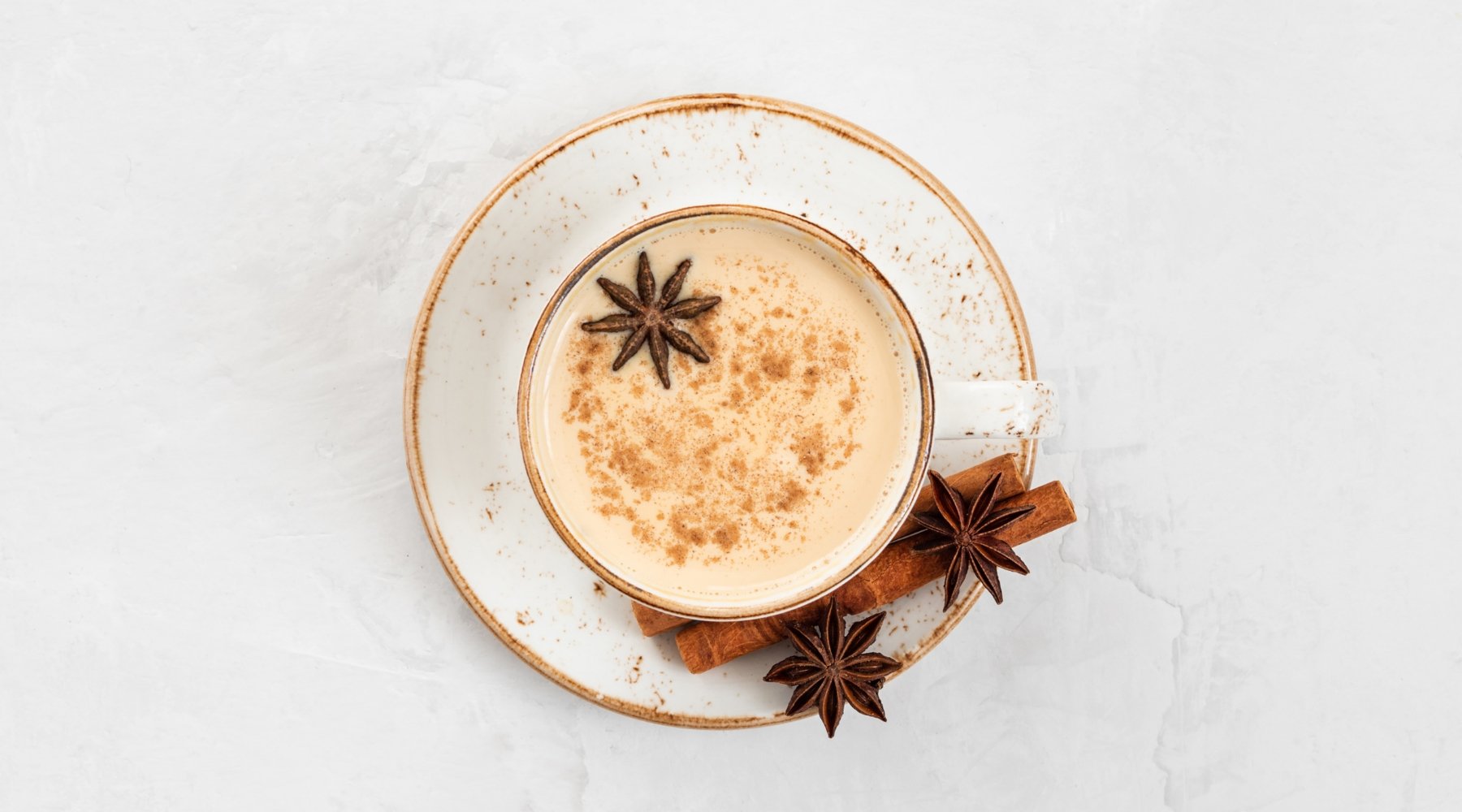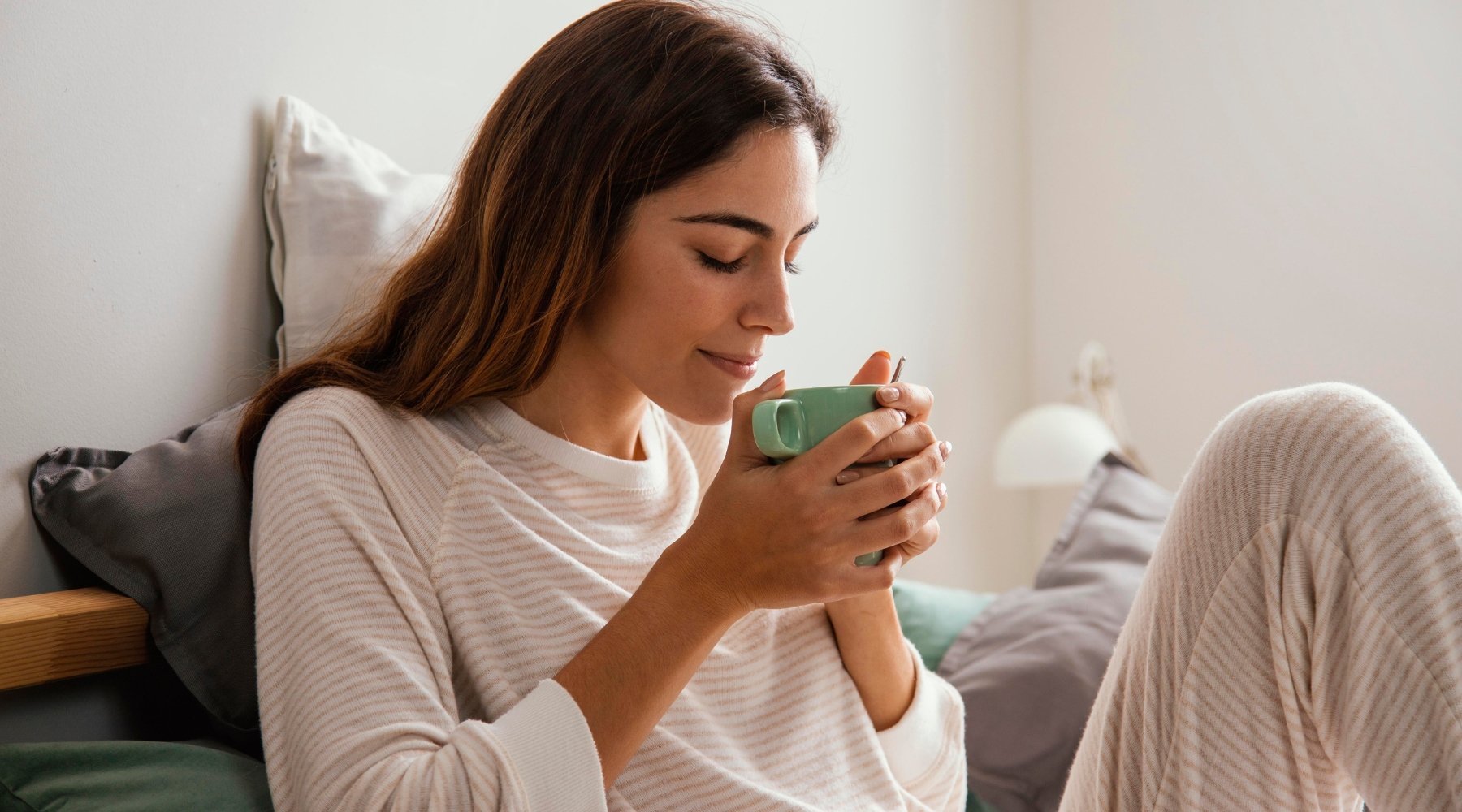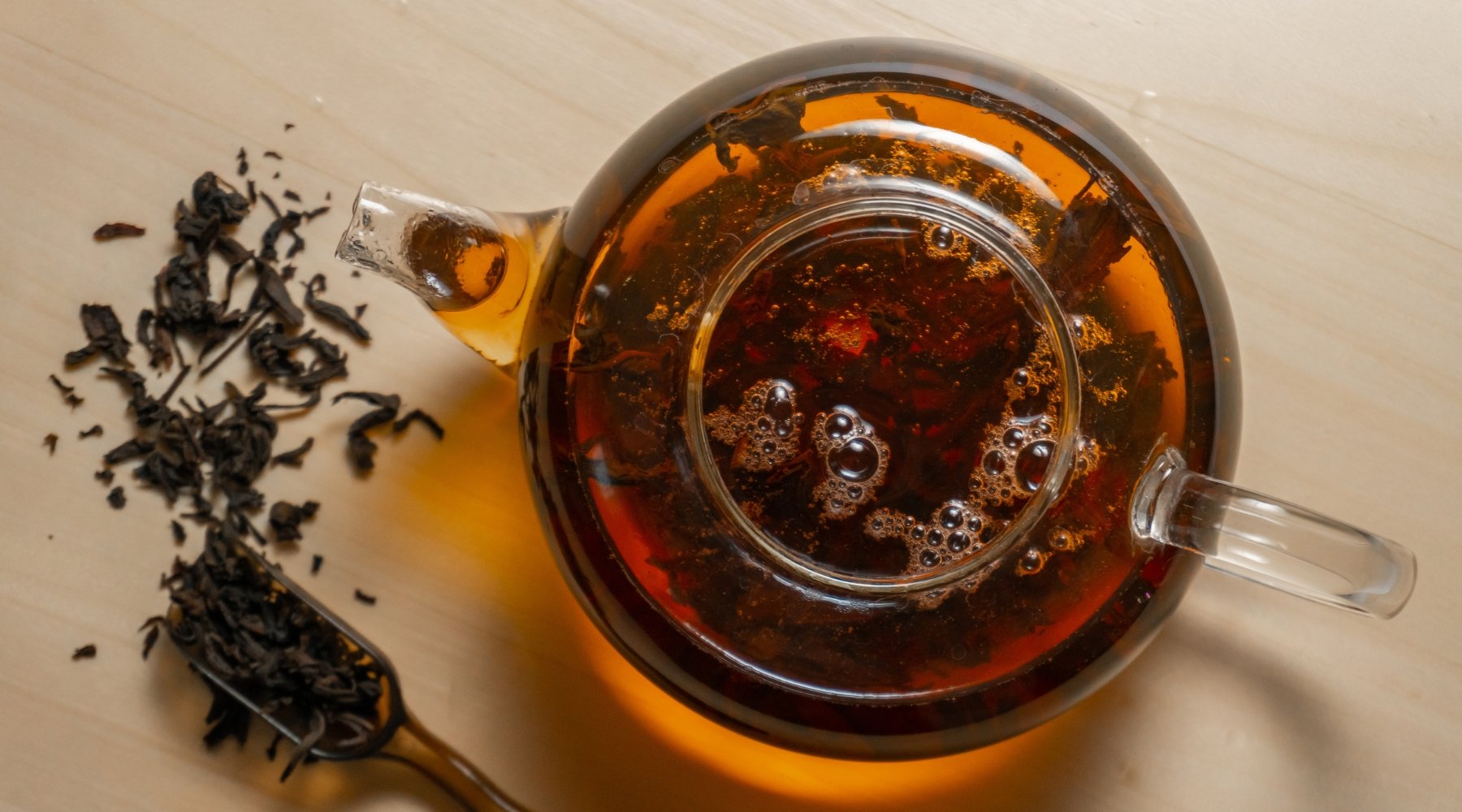
Lesson #4: Tea Caffeine Answers
Tea Caffeine
Can’t sleep? It may be that you're excited that you're learning so much about tea… or maybe it’s just the caffeine. Let's answer one of the most commonly asked questions among tea lovers, especially the new ones: "tea caffeine."
Called "theine" at the time, caffeine was first discovered in tea in 1827. It was later discovered that the "theine" of tea was identical with the coffee's caffeine, and the term "theine" was then dropped.
Tea Caffeine vs Coffee | Difference between Tea and Coffee Caffeine Content
The biggest myth about the caffeine content of coffee and tea is that tea contains more caffeine than coffee. This is true when measuring coffee and tea in their dry forms, but this is false when comparing brewed coffee and tea.
What Affects Caffeine Level in Tea
The amount of caffeine in coffee or tea depends on a number of factors, including the method and length of brewing or steeping. The longer the tea leaves have fermented in processing, the greater their caffeine content.
With tea, studies also show that leaf location on the tea plant affects the content of caffeine in that tea. This is why amounts reported are so variable.
Caffeine content is also altered by the length of the infusion in water.
Black tea (or flavoured black) infused for 5 minutes yields about 40 milligrams.
A cup of Oolong tea yields 30 milligrams, 20 mg for green tea and 15 for white tea.
However, keep in mind that, because classic – not Tavalon's of course – tea bags contain broken leaves of smaller size, they produce an infusion with more caffeine than loose tea does. This is also true of very fine loose leaf tea.
Now, compare this to coffee: the same volume yields at least double the amount at 80 mg. In fact, most colas have more caffeine as well, containing 45 mg on average.
Caffeine Level of Different Types of Tea
Here is the caffeine information from the article written by Bruce Richardson. Each 7-ounce cup of tea was steeped for three minutes.
- Assam Black Tea: 86 mg
- Bai mu dan/China White tea: 75 mg
- Chinese ti kuan yin oolong: 37 mg
- Darjeeling white tea: 56 mg
- Indian green tea: 59 mg
- Kenyan green tea: 58 mg
- Ceylon black tea (OP Grade): 58 mg
What Makes Tea Caffeine Different from Coffee Caffeine
It is the relief from fatigue that tea provides that is a big reason for its popularity. This is due to the fact that the caffeine in tea is water soluble, so your body digests it easily and passes through your system (much faster than coffee). This brings a quick, tangible feeling of relief and relaxation.
On the other hand, caffeine in coffee is not water soluble, so it stays in your system longer keeping you awake well into the night, not as an effective relaxing agent.
There has been much concern in Australia recently about the possible dangers of caffeine.
Caffeine tolerance differs greatly among individuals, some are more caffeine sensitive than others. A common misconception is that those who are caffeine intolerant should stock up on Decaf infusions. Decaffeinated tea, in fact, is not caffeine free. It still contains about 5-10 mg per cup.
How to Decaffeinate Teas
There are two primary methods in which teas are decaffeinated, each with its pros and cons.
1. Ethyl Acetate
The first uses ethyl acetate, a chemical solvent, which is passed through the leaves. As it travels through, the ethyl acetate takes the caffeine with it. While this method is inexpensive, it is not entirely known how safe it is (a small amount of chemical residue may remain).
2. Carbon Dioxide
In the second method, carbon dioxide decaffeination, tea leaves are put under heat and pressure and treated with carbon dioxide gas. The carbon dioxide mixes with the caffeine, the pressure is released, taking the caffeine along with it.
While this method is more expensive, it uses no harmful chemicals and is naturally safer.
3. DIY Method to Decaffeinate Tea
However, there is also an easy way to “make your own” decaf tea – tea with lower caffeine content. Just brew a cup as normal, leaving the leaves in the hot water for about 30 seconds. Then, drain the tea leaves and rebrew… The caffeine content is almost completely lost with the first brewing (in fact, just as much caffeine is equal to any commercial decaf).
To eliminate caffeine intake completely, one must try switching to herbal blends. All real tea is made from the same plant, camellia sinensis. And it contains caffeine. Herbal infusions, such as Chamomile, Rooibos and Peppermint, are made from botanicals not related to camellia sinensis, and they are naturally caffeine free. These herbal infusions can be enjoyed any time of the day or evening without the stimulating effects of caffeine.
Recommended: Check out our herbal teas collection.
Does the Steeping Time Impact Caffeine Levels in Tea?
The steeping time can affect the caffeine levels in tea. The longer you steep your tea, the more caffeine is extracted from the leaves. If you prefer a lower caffeine content, consider reducing the steeping time. However, keep in mind that steeping for a shorter duration may also impact the flavour profile of the tea.
Can I Enjoy Tea During Pregnancy?
Pregnant women are often cautious about caffeine intake. While moderate caffeine consumption is generally considered safe during pregnancy, it's advisable to limit overall caffeine intake. If you prefer to enjoy caffeine-free bevrages during pregnancy, opt for herbal teas that are naturally caffeine-free, such as chamomile, ginger, or raspberry leaf teas. It's always a good idea to consult with your healthcare provider for personalised guidance.
Is Caffeine the Only Stimulant in Tea?
Caffeine is the primary stimulant in tea, but it's not the only compound that contributes to its effects. Tea also contains an amino acid called L-theanine. This works synergistically with caffeine. L-theanine promotes relaxation and helps counteract the potential jitters or anxiety sometimes associated with caffeine. This unique combination of caffeine and L-theanine can provide a balanced and calm energy boost.




Leave a comment
This site is protected by reCAPTCHA and the Google Privacy Policy and Terms of Service apply.